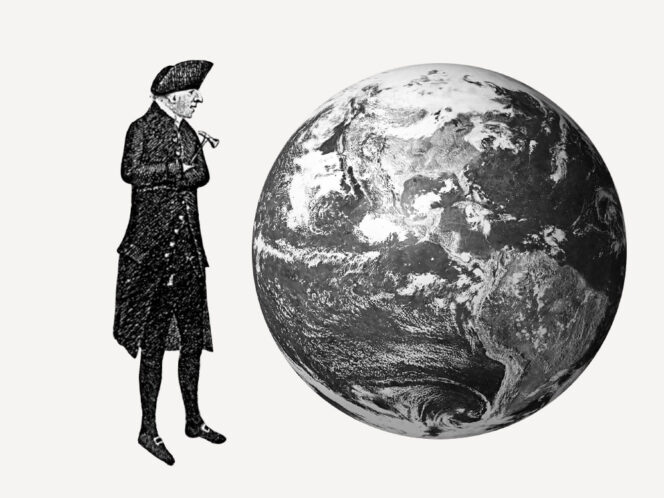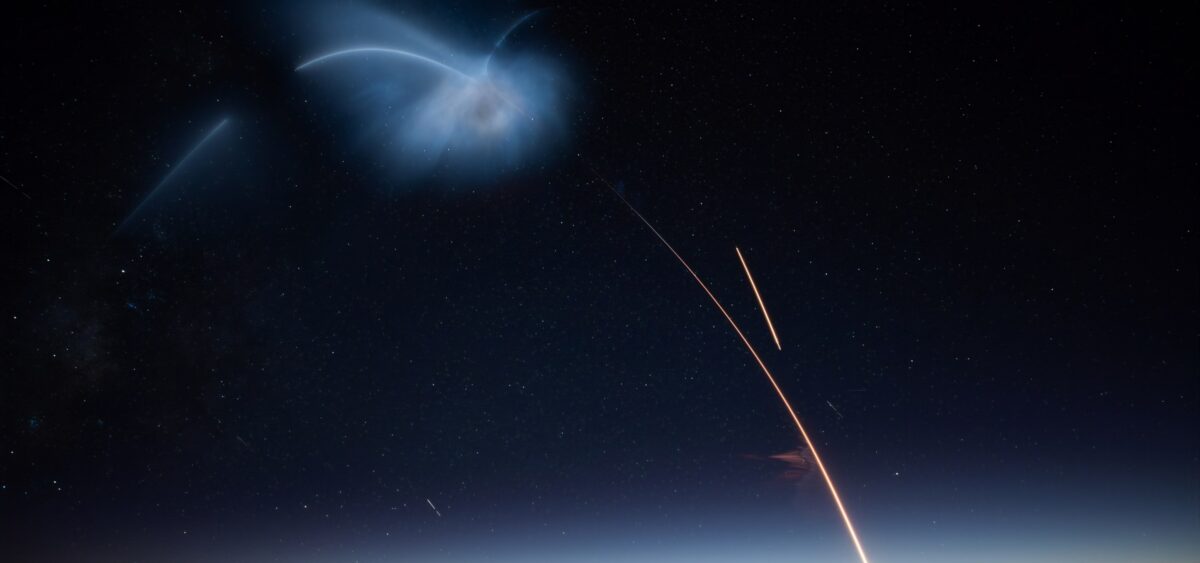
Earth undergoes a constant metamorphosis. Tectonic plates are moving. Lava is congealing. Mountains are being uplifted. Living organisms influence the composition of the atmosphere, causing rocks to crumble. On top of that, Homo sapiens—supposedly so wise—remains unaware of the damage he inflicts upon himself.
Nobody had a clue why James Hutton, after obtaining his Doctor of Medicine degree, decided to work the land. He definitely didn’t move to the countryside for financial reasons: he hadn’t needed to worry about money ever since he invented a new and easy method of producing sal ammoniac. His friends suspected he never actually wanted to be a physician and studied medicine only to continue chemistry research. Apparently, he often ridiculed medical practices, which is understandable given that in the 18th century they were mostly ineffective and based on presuppositions and rituals rather than experiential knowledge.
Anyway, when around 1750 Hutton inherited land in his native Scotland, he committed himself to overseeing it and introducing innovative solutions, which proved significant for agricultural development. What contributed to advancements in geology, on the other hand, was the fact that he owned two farms, each on a different type of land. Those dissimilarities intrigued the would-be doctor, for whom nothing seemed as appealing as facts and observations. In a 1753 letter, he wrote that he had “become very fond of studying the








